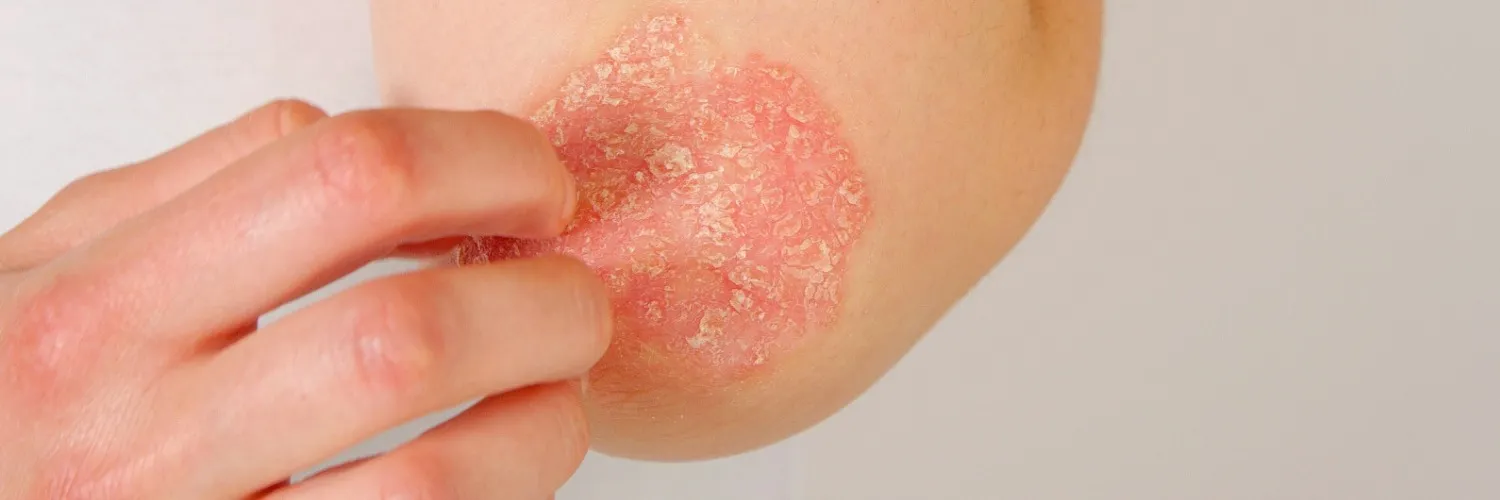Assessing Itch in Plaque Psoriasis: Tools and Patient Questionnaires for Mild-to-Moderate Psoriasis

Understanding Itch Assessment in Plaque Psoriasis
Psoriasis, particularly plaque psoriasis, can significantly impair the quality of life due to persistent itching or pruritis. A thorough assessment is crucial for managing mild-to-moderate psoriasis effectively.
Latest Tools for Measurement
- Peak Pruritus-Numerical Rating Scale (PP-NRS): This tool measures the intensity of itch.
- Psoriasis Area and Severity Index (PASI): Evaluates the severity of psoriasis lesions.
- Dermatology Life Quality Index (DLQI): Assesses how skin conditions affect daily living.
Implementing these questionnaires allows physicians to gauge the extent of itch and its life quality implications closely.
Patient and Physician Evaluation
- Patient Global Assessment: Offers patient perspectives on psoriasis management.
- Physician Global Assessment: Provides a clinician’s viewpoint on disease severity.
By collaborating through these assessments, healthcare professionals can tailor treatment strategies more effectively and enhance patient care.
Disclaimer: The information provided on this site is for informational purposes only and is not intended as medical advice. We are not responsible for any actions taken based on the content of this site. Always consult a qualified healthcare provider for medical advice, diagnosis, and treatment. We source our news from reputable sources and provide links to the original articles. We do not endorse or assume responsibility for the accuracy of the information contained in external sources.
This article was prepared using information from open sources in accordance with the principles of Ethical Policy. The editorial team is not responsible for absolute accuracy, as it relies on data from the sources referenced.